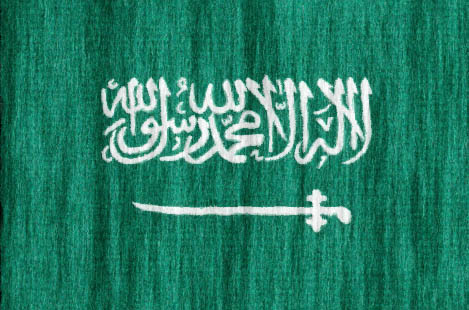Agencies/Riyadh
Registration of candidates for local elections across Saudi Arabia began yesterday, with women permitted to run in the polls in a historic first for the kingdom.
This followed another first earlier this month, when women started to register as voters for the December local elections at centres run by all-female staff, separate from registration facilities for Saudi males.
Saudi blogger Eman al-Nafjan, who has registered as a voter in Riyadh, told AFP that taking part in the elections is “a positive step” but warned that “there are major obstacles that prevent women from participating, such as transportation”.
The late king Abdullah in 2011 granted women the right to vote and to stand as candidates in this year’s local elections.
Saudi-funded newspaper Al Hayat reported this month that around 200 women had expressed an interest in standing as candidates in the December 12 vote.
Candidate registration is to run until September 17, while voter registration ends on September 14.
Out of 1,263 polling stations in 284 municipalities across the kingdom, 424 have been reserved for women voters.
“I am very excited to take part in this new experience,” said Amal Mohamed, 35, as she registered to vote in Jeddah.
Abdullah, who died in January and was succeeded by King Salman, introduced municipal elections to Saudi Arabia in 2005 when he was crown prince.
This year, two-thirds of municipal council members will be elected and the rest appointed by the authorities. In the last all-male vote in 2011, half of the members were elected.
As he registered at an office in Jeddah, 35-year-old Fawaz Abdullah said his wife would “of course” take part in the vote.
“A woman’s vote is essential and her role must not be marginalised,” he said.
Human Rights Watch this month praised Saudi Arabia’s “significant step forward” in allowing women to participate in the elections.
In February 2013, Abdullah also for the first time named women to the country’s Shura Council, an all-appointed consultative body.
The December 12 polls will mark the third time since 2005 that Saudi voters have been able to choose members of local councils, although one-third of members will still be appointed by the government.
Observers say the authorities may use that provision to ensure female representation on the bodies if female candidates are not successful at the polls.

